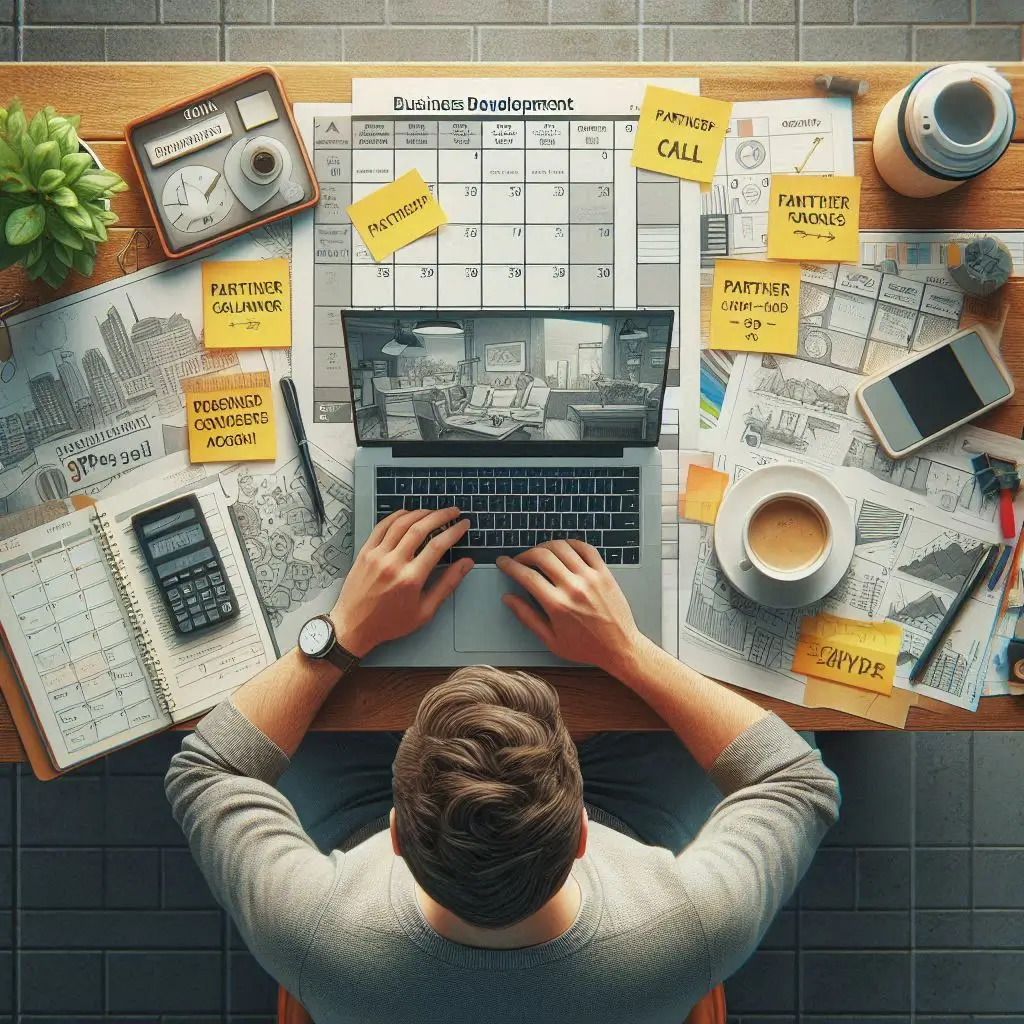The short answer being extremely. Your portfolio is what first sets you apart from other applicants. An insight to past projects, key skills, accomplishments and experiences that aim to impress, especially in an interview environment. Think of your portfolio as a showcase into how you work and the level of quality you work to. So of course, you want it to be clean, precise and professional. However, do not forget to add that personal touch. Use your portfolio to reflect your values and attributes as an individual, taking care and promoting key skills such as time keeping and achieving promises to past clients. You are your portfolio.
A portfolio is also a method of crucial confidence building. Get nervous in interviews? No problem. If you have confidence in your portfolio, which you know exhibits your strengths to the fullest it is easier to then show it off. Have pride in what you’ve achieved by presenting these qualities to the best you can, then let this poise carry on through to the end. There is no better confidence than natural confidence, especially when you can back it up.
Don’t use your portfolio just for interviews. Keep track of your work and use it as proof when negotiating promotions, bonuses and raises with a client. This demonstrates that you’ve taken the time and care to put together a clear, precise portfolio that takes someone through your professional journey in chronological order. Always keep your portfolio in chronically order to avoid it looking messy and unorganised. There is nothing worse than a potential client not being able to find what they’re looking for in an interview.
How do you go about promoting it? Don’t force your portfolio upon people. Make good contacts and sell yourself first, naturally. They will then ask to see your portfolio if they’re interested. People talk. If you have impressed someone, who is then further impressed by your portfolio they will spread the word. There is no better promotion than loyal word of mouth (people listening to someone they trust).
Final tip: If you’re organised and have kept all your key moments in your professional career then your portfolio will be lengthy. Be specific. For interview purposes take out select items that you feel mostly displays your strongest moments and put them in a separate, smaller portfolio. This will avoid overwhelming the prospective client as well as making it easier to discuss these key features more in depth. At Fashion Rider we asked International Make-Up Artist Nadira V Persaud what her thoughts were on this topic, who agreed that it is most definitely ‘Quality over quantity’ when it comes down to your portfolio.
Good luck!



